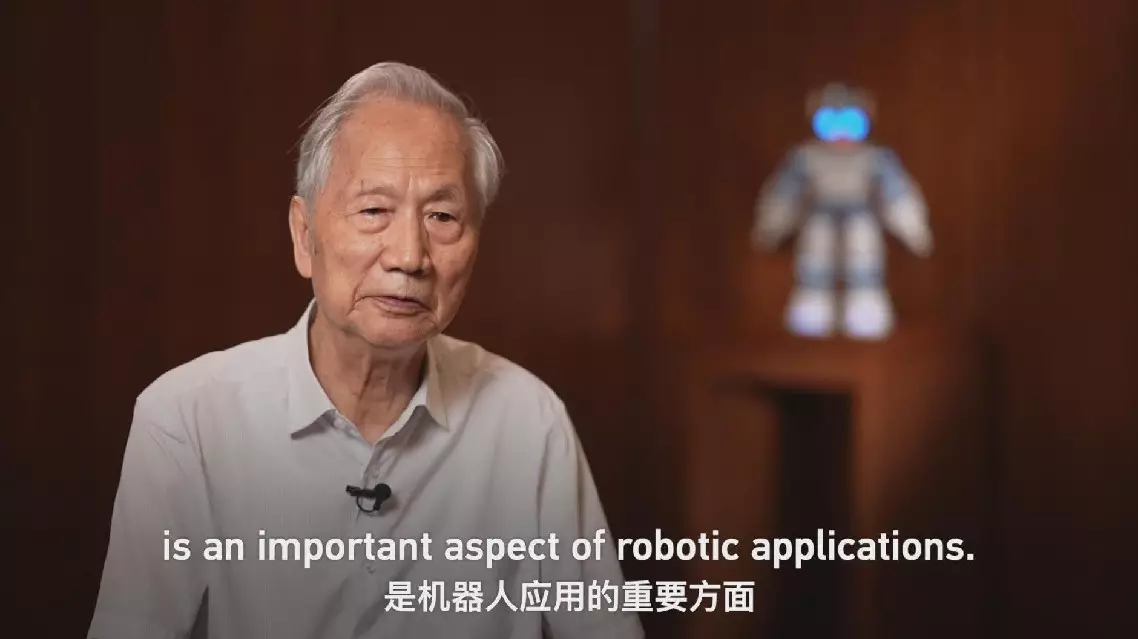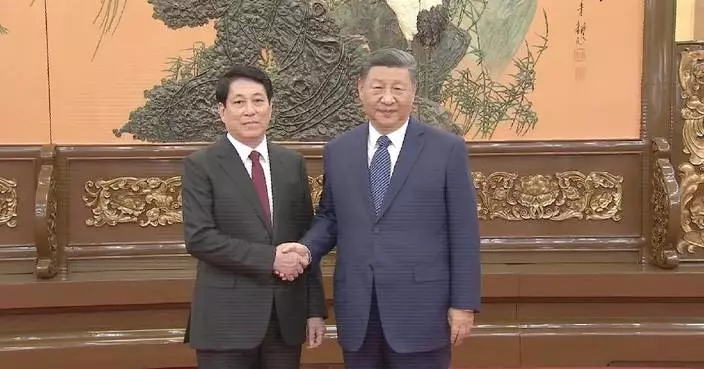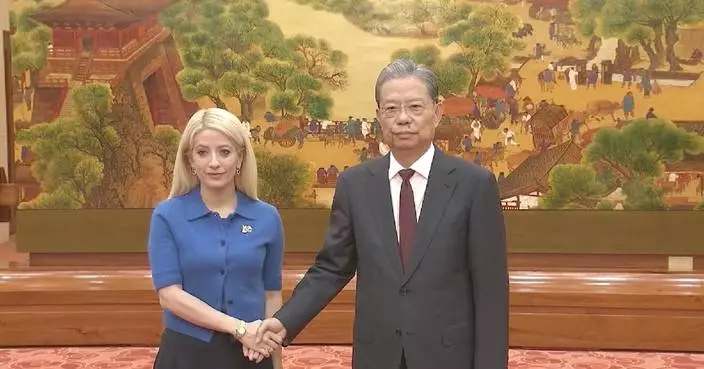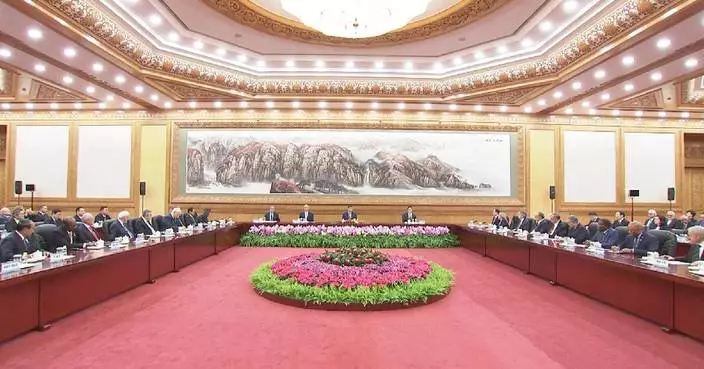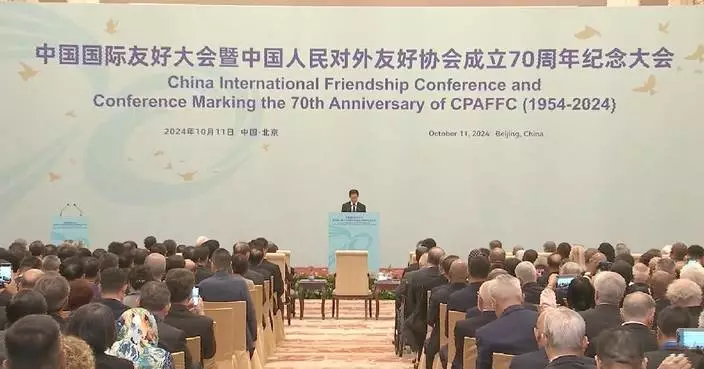Chinese Premier Li Qiang attended the 19th East Asia Summit in Vientiane, Laos, on Friday.
Li said currently, the world is in a period of turbulence and transformation, and global economic recovery lacks steam.
Noting that this year marks the 70th anniversary of the Five Principles of Peaceful Coexistence, Li said in this turbulent world, "peaceful coexistence" is even more valuable. Equality, mutual respect, mutual benefit and common stability are of great significance to Asia's rapid development, and efforts should be made to draw wisdom from the five principles in safeguarding international fairness and justice.
Even today, the five principles are still not outdated. On the contrary, as simple and ever-lasting great truths, they are of value for the times and relevance in today's world even more.
China is willing to work with all parties to further promote the Five Principles of Peaceful Coexistence, focus on building a community with a shared future for mankind, and further build consensus, deepen mutual trust and strengthen cooperation, so as to jointly create a brighter future for the region and the world, Li said.
First, all parties should uphold peace and tranquility. They should continue to support an open and inclusive regional architecture with ASEAN at the center, and follow the path of regional security governance featuring extensive consultation, joint contribution and shared benefits. They should be highly vigilant and resolutely stop actions that undermine regional stability and increase the risk of conflict, Li said.
Second, all parties should pursue mutual benefit and win-win results. China is ready to work with all parties to actively implement the Global Development Initiative (GDI) proposed by Chinese President Xi Jinping, give full play to their respective complementary strengths, increase input in green transformation, digital economy and other areas needed by countries in the region, and better achieve inclusive development that benefits all, Li said.
Third, all parties should firmly promote opening and cooperation. They should fully implement the Regional Comprehensive Economic Partnership (RCEP) in a high-quality manner, speed up the building of the Free Trade Area of the Asia-Pacific, advance regional economic integration, and avoid turning economic and trade issues into political and security issues, he said.
He said that regional development and prosperity cannot be achieved without peace and stability in the South China Sea, adding that the Chinese side has always been committed to abiding by international law, including the United Nations Convention on the Law of the Sea, and following the Declaration on the Conduct of Parties in the South China Sea.
China has always persisted in resolving differences with the countries concerned through dialogue and consultation and on actively carrying out practical cooperation at sea, Li said.
At present, China and ASEAN countries are actively promoting the consultation on the Code of Conduct in the South China Sea, and striving for its early conclusion, he said.
Relevant countries outside the region should respect and support China's joint efforts with regional countries to maintain peace and stability in the South China Sea and play a constructive role in regional peace and stability, Li said.
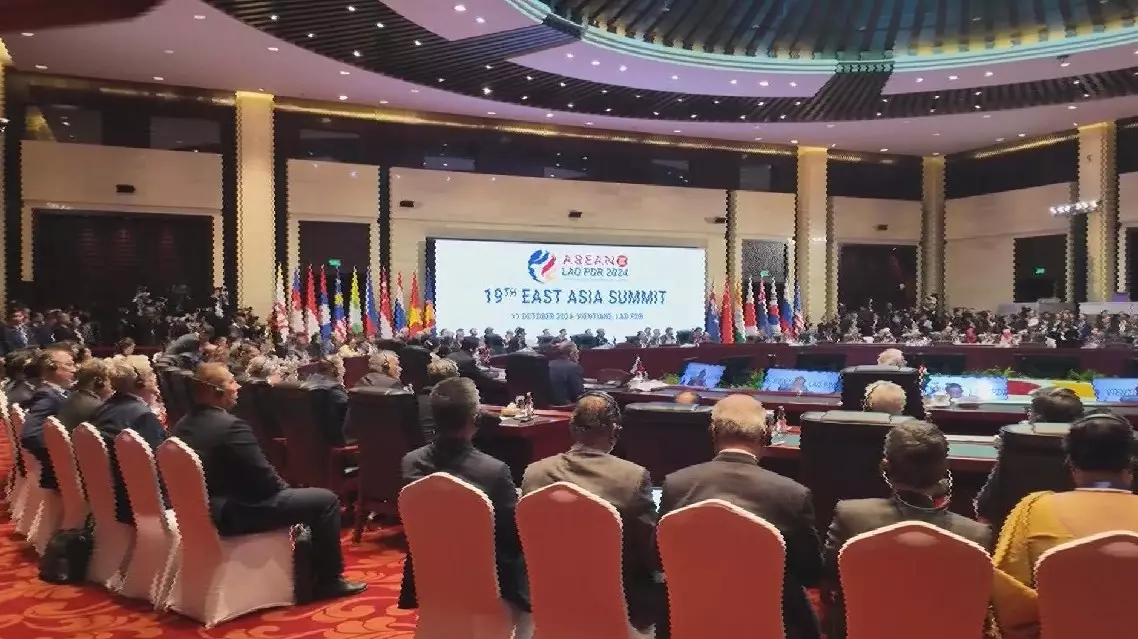
Chinese premier attends 19th East Asia Summit
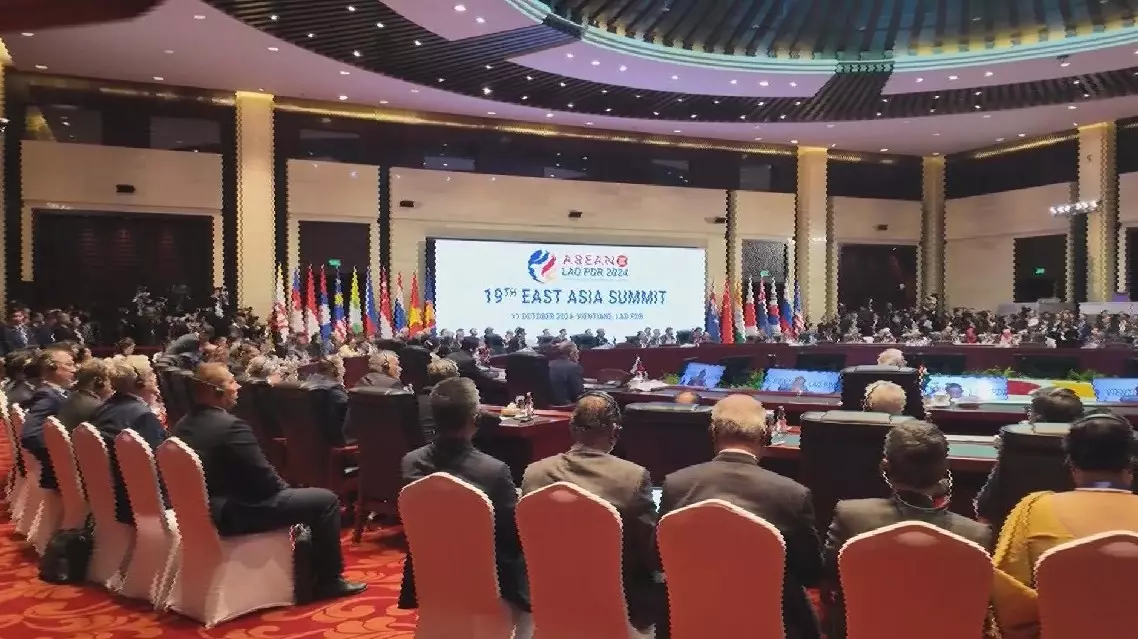
Chinese premier attends 19th East Asia Summit


